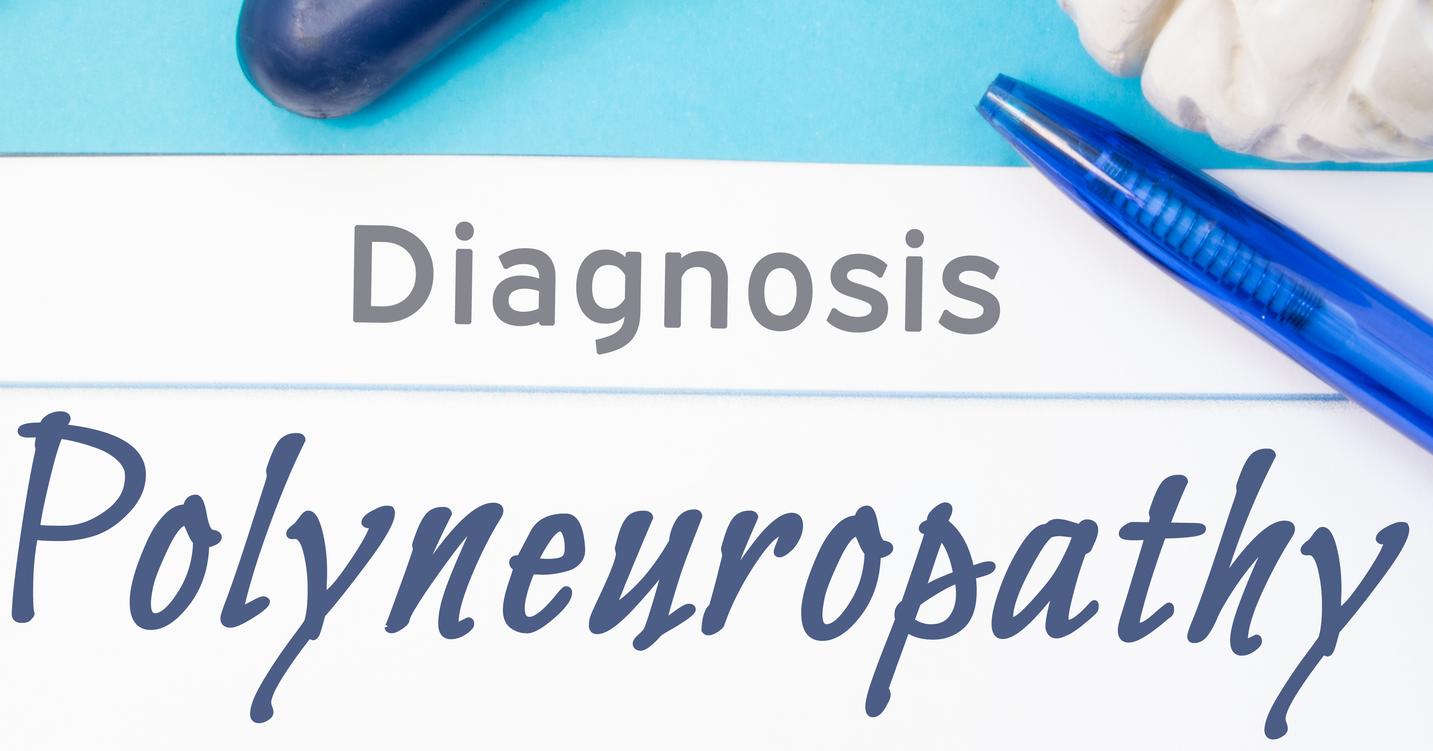What Conditions Can Plasmapheresis Treat?
Guillain-Barre Syndrome

Guillain-Barre syndrome is an uncommon disorder that affects an individual's peripheral nervous system, the network of nerves located outside of the spinal cord and brain. The exact mechanism of what causes Guillain-Barre syndrome is unclear, but it is thought an affected individual's immune system is triggered to fight infection and some substances on the bacteria or virus are similar to those present on some of the healthy nerve cells in the body. The immune system then mistakenly attacks these healthy nerves and damages them, causing the patient to have muscle weakness and changes in sensation. Plasmapheresis can help treat Guillain-Barre syndrome because it is able to separate the plasma from the rest of the blood and then replace it with artificial plasma or donor plasma. This process takes out the immune system antibodies in the blood plasma that are inappropriately attacking the patient's nerve cells. In severe cases, plasmapheresis has proven to shorten the overall duration of the Guillain-Barre syndrome symptoms. Plasmapheresis is typically needed for one to two weeks with a session every other day to improve a patient's muscle weakness and function.
Read more about what conditions plasmapheresis can help treat now.
Chronic Inflammatory Demyelinating Polyneuropathy

Chronic inflammatory demyelinating polyneuropathy is a disorder that affects the nervous system by causing inflammation in the nerves around the body. As a result, the nerves swell, and the protective myelin sheath around the nerve is destroyed. The nerves are then impaired from performing their function of transmitting signals. Common symptoms in individuals affected by chronic inflammatory demyelinating polyneuropathy include symmetric muscle weakness, motor function difficulty, sensation loss, clumsiness, double vision, fatigue, burning, and difficulty with swallowing. While chronic inflammatory demyelinating polyneuropathy is similar to Guillain-Barre syndrome, it lasts for at least eight weeks and does not improve on its own over time without medical intervention. Plasmapheresis for the treatment of an individual affected by chronic inflammatory demyelinating polyneuropathy works similarly to the plasmapheresis process used to treat Guillain-Barre syndrome. However, patients with this disorder have to undergo plasmapheresis for a longer duration and sometimes have to have more than one cycle.
Uncover more conditions plasmapheresis can treat now.
